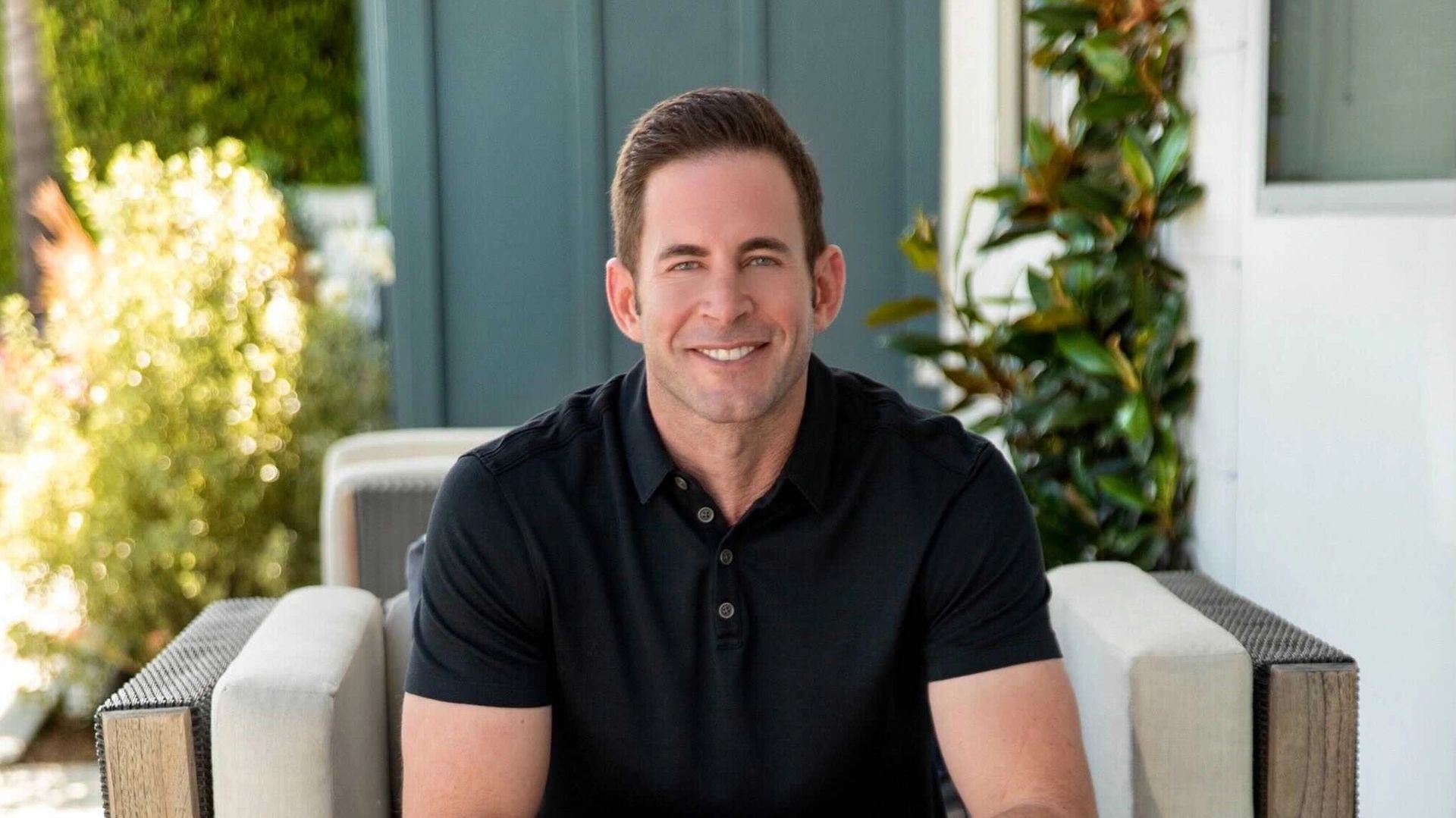

Flip or Flop star Tarek El Moussa discusses life as a cancer survivor
I got diagnosed with thyroid cancer in 2013. Two months later, I learned I also had testicular cancer. Sharing that I had testicular cancer was a little more challenging than initially sharing that I had thyroid cancer because it’s a more personal thing.
After receiving my diagnosis, I followed the doctors’ instructions. With thyroid cancer, there was a certain diet I had to follow. It was definitely life-changing, especially before the radioactive iodine treatment. I could only eat certain foods a few weeks prior to my surgery. I couldn’t have any food with iodine.
If it wasn’t for Ryan Reade, the Texas-based nurse who contacted my producers after noticing a lump on my neck during an episode of “Flip or Flop,” I don’t think I’d be here today. I’m really happy she took action and saw that something was wrong and did something about it.
That’s one of the main reasons I want to share my story. It’s one of those things where if I don’t tell anyone about it, I’m not really helping anybody. It gives me an opportunity to help someone. And I am continually amazed at all the messages I receive from people explaining that after hearing my story, they went to the doctor and got something checked and it turned out it was cancer.
When you’re going through hard times or you’re actually going through cancer, sometimes it helps just to get moving. Just get up and start walking. For me, I found that when I was moving and sweating, I started feeling a lot better and feeling more alive. The worst thing you can do is sit there on a couch feeling sad.
Another thing that has really helped me through difficult times is hot yoga. It’s so mentally and physically challenging and it kind of takes you out of your normal life and you’re doing everything you can to survive the class. It’s a huge stress reliever.
For other men who might be facing a cancer diagnosis, follow your doctor’s instructions, eat healthy and take care of yourself and do everything you possibly can to stay positive and keep fighting.
Don’t be afraid to be your own advocate. Nobody knows you like you know yourself.
It’s very important to recognize if something feels off or feels wrong, to go the doctor and if that answer still doesn’t feel quite right, get a second opinion because it could mean the difference between life and death. It’s about knowing your own body and listening and then doing something about it.
When I first found out I was cancer free, the first thing I wanted to do was share the good news with my kids. Every day that goes by, the odds of recurrence get lower and lower. And I’m looking forward to the future.
People often ask me what my secret is to staying so driven. It’s simple. I set really big, exciting goals and I have something to wake up every day to that excites me and I work towards that. If I don’t have something that I’m working towards or something that excites me, I feel lost. For me, I set big goals and I work my butt off to accomplish them.
But if you’re not there yet, you’ve got to start somewhere. Take life one step at a time. You’ve got to make that first decision. You’ve got to set small, attainable goals. Accomplish one goal at a time. Then set bigger goals.
One thing I’d really like to shed some light on, however, is the part of cancer people really don’t talk about and that’s the aftermath of the disease. For me cancer, was terrible, but the aftermath of cancer was worse.
Your hormone levels get thrown off and the medications can cause hair loss, anxiety, panic attacks and depression. All of a sudden, you have to supplement what your body was naturally making. It can really mess you up. I don’t think there’s enough being said about post-cancer treatment and support. Don’t be afraid to speak up about what’s going on. Your voice matters. You have to fight for yourself and be your best advocate. We’re all in this together.